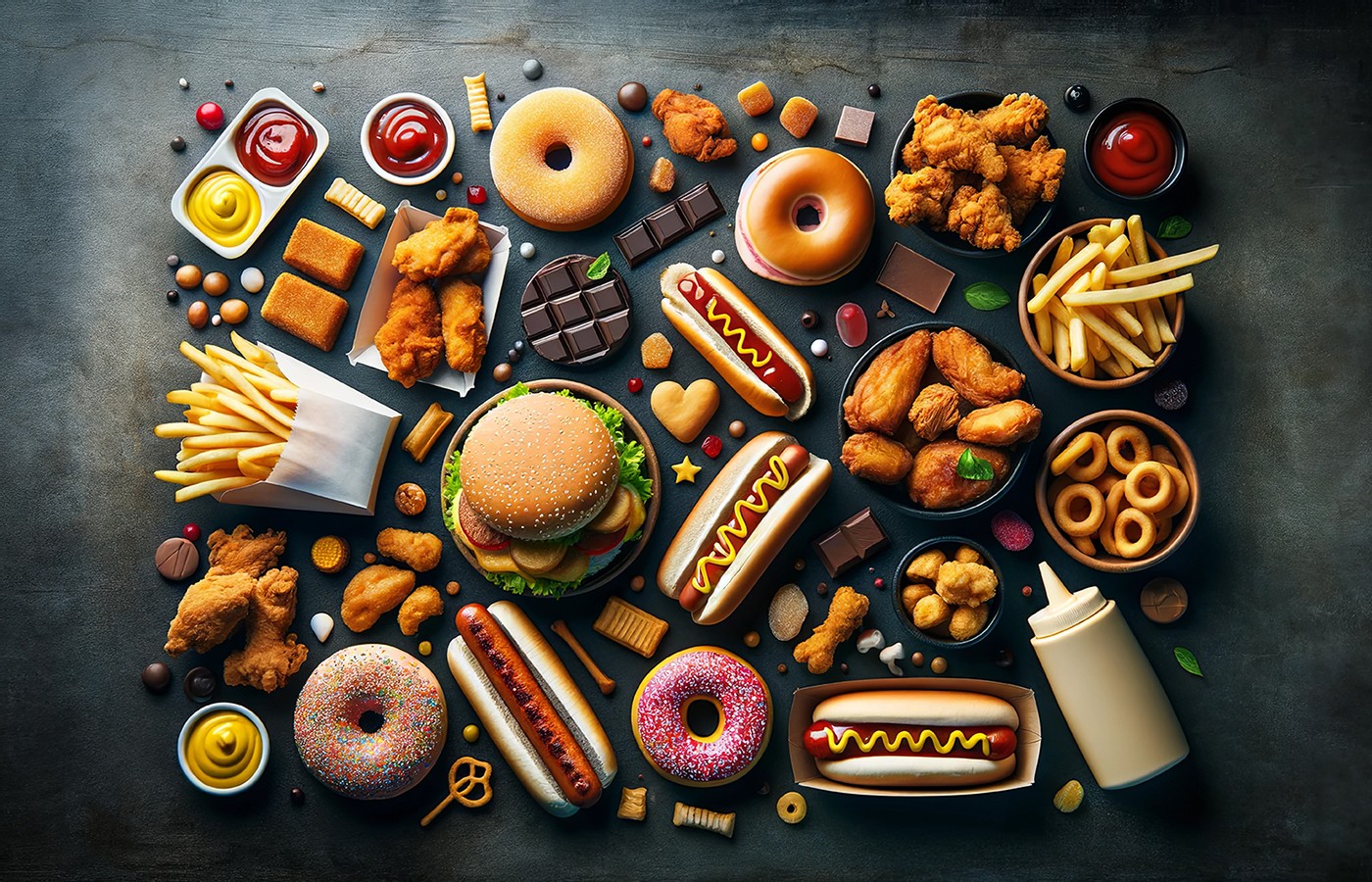It’s a new year and many chiropractors are evaluating what will enhance their respective practices, particularly as it relates to their bottom line. One of the most common questions I get is: “Do I need to be credentialed to bill insurance, and what are the best plans to join?” It’s a loaded question – but one every DC ponders. Whether you're already in-network or pondering whether to join, here's what you need to know.
Unfortunately, Your Care May Be No Match for This
Question: What do you call a substance that research has demonstrated has a direct association with an increased risk of cardiovascular disease, type 2 diabetes, depression, anxiety, common mental disorders, adverse sleep, wheezing and all-cause mortality?1
Answer: ultra-processed foods. In addition, research suggests that consuming ultra-processed foods is associated with hypertension, Crohn’s disease, obesity, metabolic syndrome, fatty liver disease and breast cancer.
Ultra-processed foods include a vast array of products including “carbonated soft drinks; sweet, fatty or salty packaged snacks; candies (confectionery); mass produced packaged breads and buns, cookies (biscuits), pastries, cakes and cake mixes; margarine and other spreads; sweetened breakfast ‘cereals’ and fruit yoghurt and ‘energy’ drinks; pre-prepared meat, cheese, pasta and pizza dishes; poultry and fish ‘nuggets’ and ‘sticks’; sausages, burgers, hot dogs and other reconstituted meat products; powdered and packaged ‘instant’ soups, noodles and desserts; baby formula; and many other types of product.”2
Sadly, ultra-processed foods make up approximately half of the calories your average patient consumes. And while your patients may receive the best chiropractic care, your care may be no match for the damage their diet is doing to their health.
Consider the findings of a recent study involving patients in a specialized pain rehabilitation center. The study found that patients’ “(s)uboptimal eating habits included irregular mealtimes (27.2%), weekly consumption of fast-food (20.3%) and nearly daily consumption of confectionery (33.3%).” Twenty percent of those pain patients expressed a desire to improve their diets.3
The point here is an obvious one. You can make a difference in just a few minutes with each of your patients. Give them a handout with basic nutrition advice. If you don’t recommend nutritional supplements, consider doing so. That will help mitigate some of the consequences of their eating habits. Just a short conversation regarding basis diet do’s and don’ts can make an incredible difference in their physical and mental health; not to mention their life span.
As their health coach, not just their doctor, you can impact chronic illnesses in a major way. This will ultimately increase the effectiveness of your adjustments in relieving pain, as an improved diet will significantly reduce inflammation. And you may be the only one to help correct one of the major challenges keeping them from wellness.
There is a reason why the word doctor is taken from the Latin verb docere – to teach.
References
- Lane MM, Gamage E, Du S, et al. Ultra-processed food exposure and adverse health outcomes: umbrella review of epidemiological meta-analyses. BMJ, 2024;384:e077310.
- Monteiro A, Cannon G, Lawrence M, et al. Ultra-Processed Foods, Diet Quality, and Health Using the NOVA Classification System. Rome: Food and Agricultural Organization of the United Nations, 2019.
- Dong HJ, Brain K, Olsson M, et al. Eating habits and the desire to eat healthier among patients with chronic pain: a registry-based study. Sci Rep, 2024;14:4705.



